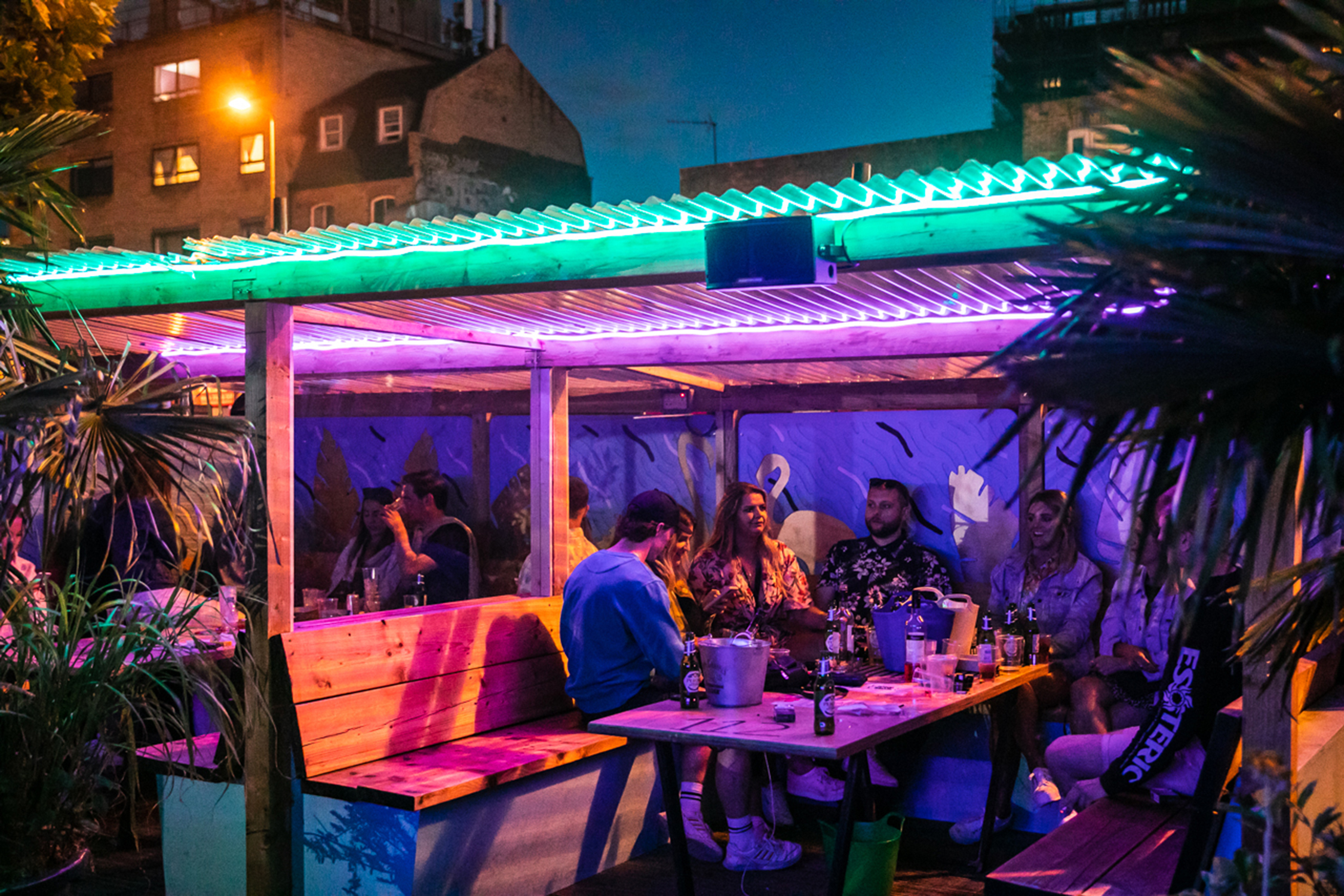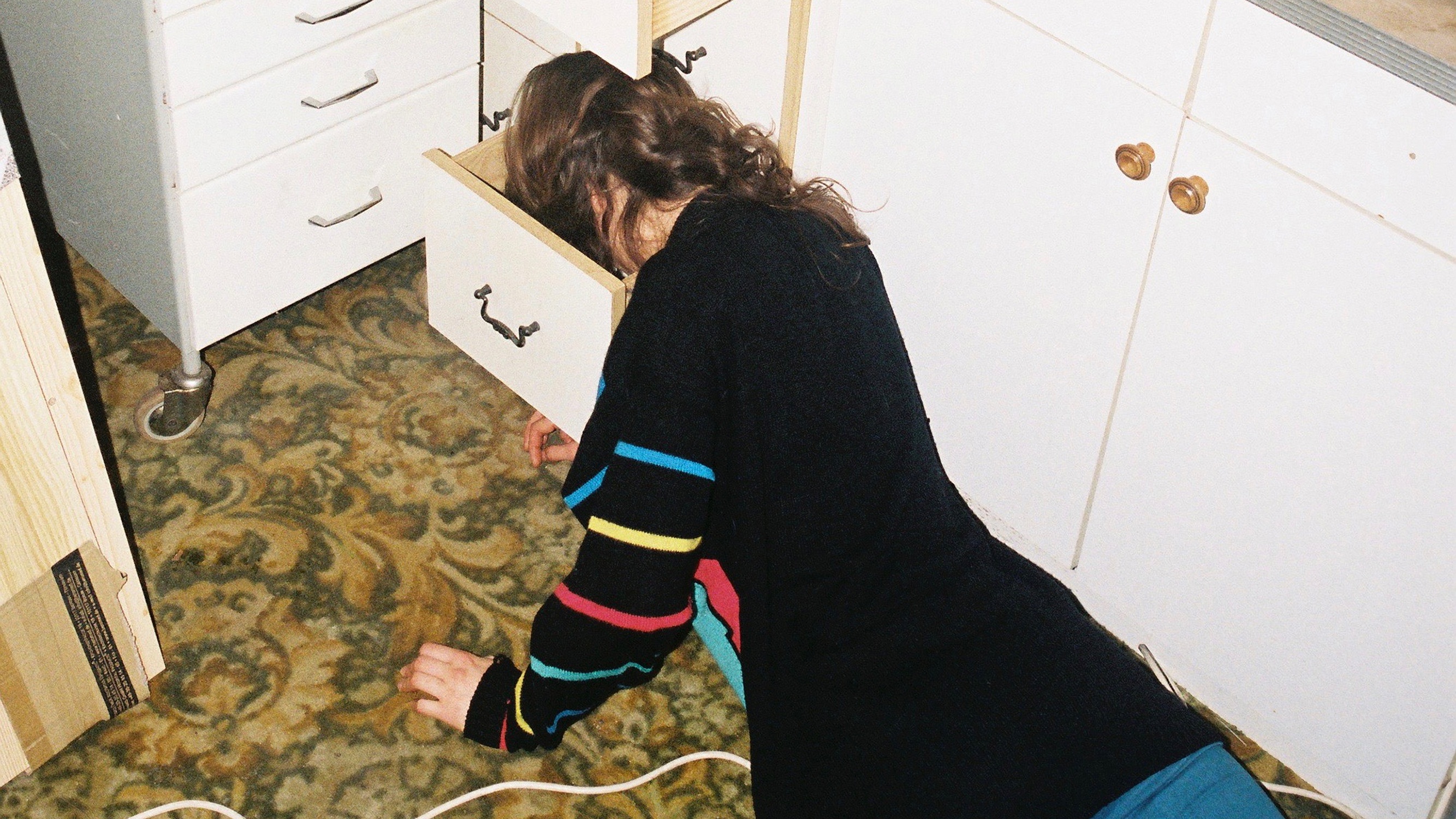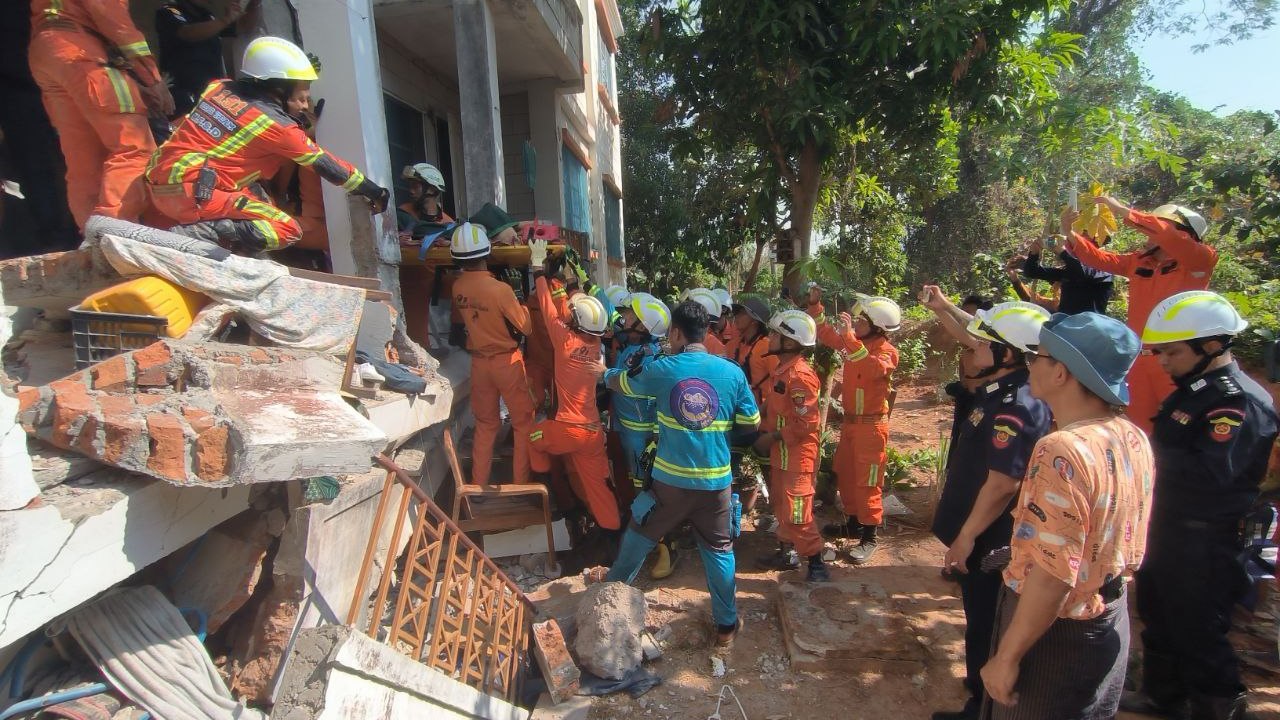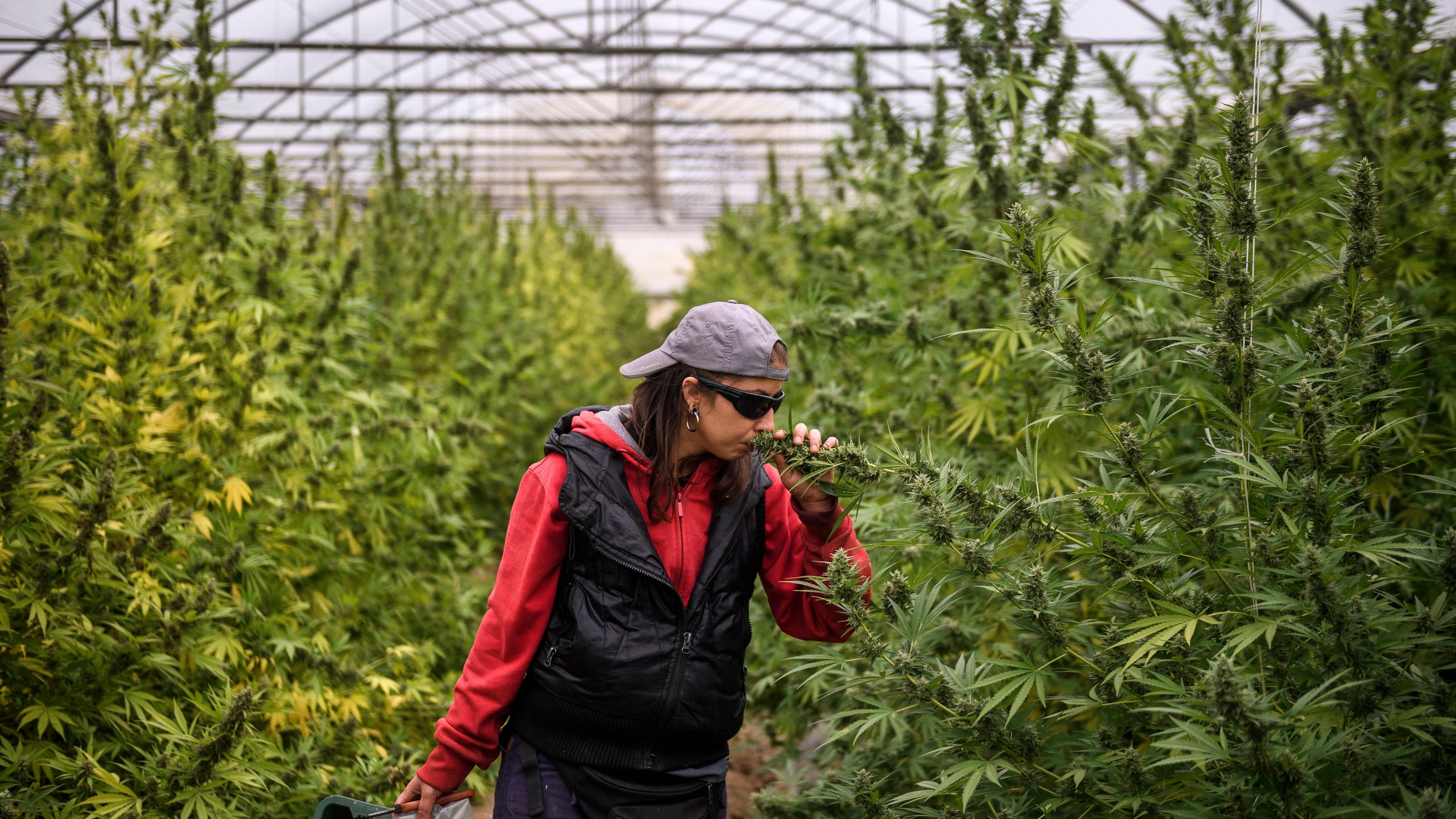Ibiza, mid August, is the destination for the jet set and the Easyjet set alike. The “yoof” are getting battered at Playa d’en Bossa, the kids from reality television get their sexy dancing pouts on at Ushuaia, O Beach is wall-to-wall footballers and over at Chiringuito it’s crammed with faces and big money. Later on, after a billion gallons of rosé, at DC10 they’ll all rub up against each other like an enormous haul of sparkly, sweaty, smiley sardines — and it’s only Monday. Just writing that last sentence fills me with such a mournful melancholy for the friends, lovers and completely random strangers I have found in the throes of an epic good time on that beautiful island.
But with many clubs closed, and Brits now advised against all but essential travel, your average hedonism tourist is left with little to do. It has been devastating for an island that relies on the summer economy. “We’ve got a painful winter ahead. You used to have a flight landing every three minutes. Now it’s more like every 30,” says Danny Whittle, former brand director at Pacha and cofounder of International Music Summit (IMS).
Last month’s IMS 2020 Business Report predicts that the electronic music industry will shrink by 56 per cent due to Covid-19. Those affected are not just musicians, DJs and club owners, but dancers, lighting technicians, sound engineers, drinks suppliers, bar staff, musicians, cleaners and maintenance. With tanzen verboten in all the best-known party centres, are we witnessing the last days of disco? Or are there some glimmers of good times still to be had?
In Ibiza beach clubs and restaurants can now have DJs only if volume is strictly limited, people stay sitting down and do not dance. Berlin is — was — your libertarian raver’s heaven, putting Ibiza in the shade. Do what you want, when you want. Now it also has strict limits on volume and capacity and no-dancing rules. In the Netherlands experiments with “dis-dancing” — nightclubs filled with widely spaced chairs — was just depressing to witness, a vision of a dancefloor effectively crippled. “These new strict, weird-rule gigs,” the techno and house DJ Heidi calls them, with an anathema for “DJing at half the volume to a bunch of people eating their dinner? Eugh.”
In the UK the clubs still left standing (metaphorically only — all patrons must sit) have had to rethink their offering entirely. Former dance music venues such as Lakota Gardens in Bristol and the Cause’s Costa del Tottenham in London have turned outside areas into beer gardens. Small groups of between six and twelve friends are confined to plexiglass booths with strict reservation and ordering protocols. There’s no dancing allowed, not even in your chair — such actions are sufficient for newly empowered council licensing officials to shut you down (in Spain the Guardia Civil have threatened fines of more than half a million euros for breaking restrictions).
At Alexander Proud’s two clubs in London, dancefloor action has been swapped for three-course dinners. He claims to have installed “near surgery standard” levels of air circulation. “It’s surprisingly fun. It’s the difference between foreplay and sex,” he says. “Foreplay is better than nothing at all.”
Elsewhere, Simon Denby of the house-music promoters Percolate has adapted his formerly full-on club and festival parties into Covid-friendly “socially distanced socials” at Brixton Jamm’s new Brixton Courtyard. It’s a chance to meet mates, eat, drink and listen — rather than dance — to DJs playing sets. It’s a success, but Denby describes “tiny margins”. “It’s scary, we’re looking at a mass death of late-night culture. Half our colleagues in the industry will go,” he says. “Most people aren’t interested in finding new ways, they’re just waiting for it to go back to normal. There’s this blind belief that next year there will be a vaccine, when there’s a chance there may never be one.”
Rob Star, who founded the Electric Star business and its five music-based pubs, as well as the Eastern Electric festival, sees a return to a DIY party scene. Once a big warehouse party promoter, he predicts the spaces that Covid has laid waste will turn into legal or illegal parties. “You’ve been seeing this in Amsterdam and Berlin for the past 20 years, where governments support the nightlife industry and gentrification hasn’t been quite so intense.”
Pop-up nightlife has been one of the big talking points of recent weeks, as the rise of illegal parties has made the news — along with the police shutdowns that ended them. Residents of Notting Hill are anticipating significant numbers of pop-up block parties over the bank holiday — Carnival is cancelled, but for many the party will go on. Insiders have a hunch that some of these prominent busts that make the news are partly for show, to put off all the “criminal Covid chancers”, as one veteran illegal rave promoter called the lockdown start-ups.
In fact the DIY party scene, whether more or less legal, has been thriving in recent years. The police do not have the resources to stop every party. One DIY party promoter who has operated in a legally grey area for four years without being troubled by the police thinks he is tolerated because he’s safe and because he goes to great lengths to find places — forests, warehouses, boats — where no one can hear the music except those that want to. “If the infection rate goes up again, I’ll stop doing them,” he says. He believes the police generally won’t shut down big DIY parties as long as there’s no noise pollution and they are approached with respect and, he adds, “a happy person dressed as a neon unicorn. The Met are really sound. They have better things to do than shut me down.”
The DJ Fat Tony lived through the early years of raving in the late 1980s. During lockdown he has been streaming his sets — he played Victoria Beckham’s birthday on IGTV, with more than a million views, and did the birthday party of a Hollywood A-lister’s wife for 200 on Zoom — no names, he insists, before dropping some: “Leo” and Mark Wahlberg. “People need a release,” he says. “I can see this move towards a kind of prohibition. Brits love to fight for their right to party — we did it in the Eighties and in the Nineties, and we’ll do it again now. If you keep the clubs closed, the criminal element will move in and fill that space.”
As for the new holiday party hotspots, Malta is banking on being the next club destination, with — currently — far fewer restrictions than those imposed by the Balearic authorities, although time will tell how long that lasts. Villa parties are reportedly popping up in Ibiza in the absence of clubs — at the time of writing, public and private gatherings of 30 people are allowed outside (you’re still not supposed to dance). This month, the Puffin Box event launched in Manchester; big DJs playing to small groups of friends all in their own sealed boxes. Each session is only 90 minutes long, but brings to mind the phone-box-sized “Miniscule of Sound” that did the rounds at festivals for years.
A week into lockdown I thought I was doing just fine. Manchester’s Unity Radio was doing a takeover by legendary local club the Haçienda, and I was listening to it as I pottered about gardening. Then a tune came on, a remix of Frankie Knuckles perhaps, and I felt possessed, as well as an overwhelming need to dance. For all that people might tut and huff, can anyone blame locked-down young people from wanting to blow off steam? My boyfriend joined me. My neighbour looked across the fence and joined in too. We quietly went mental. The pressure cooker of Covid had blown its lid. It was fun. But I wished my friends where there. Dance music is often said to be about love and unity, and it sounds cheesy — until you try a party for one. For some, hell is other people — for others, it’s a rave for two.











